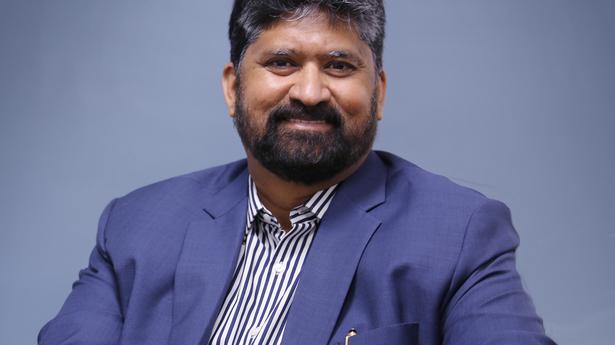Bengaluru
Technologies such as artificial intelligence (AI), machine learning (ML), and quantum computing can enable organisations to move away from linear production methods to models that allow products to be designed for extended use, said Rajesh Rege, president, Honeywell India.
Such technologies, when leveraged in current low-emission projects, could help determine how the country generated, stored, and used energy, he said.
In aviation, for instance, software analytics can optimise aircraft operations and routing, saving up to 5% of energy use per flight, he explained.
According to him, electric and hybrid electric aircraft systems can reduce fuel use and emissions, particularly during takeoff, landing and taxiway operations. On the airport side, predictive analytics – encompassing both maintenance and dynamic control – can reduce energy costs by as much as 20% on existing building management systems.
There are refrigerants available today that can reduce global warming potential by more than 99%. By signing the Kigali Amendment to the Montreal Protocol, the government was clear in its intent to bring about this transition, he noted.
The energy and clean tech sectors, as well as the utility industry, held the key to supporting cities and industrial hubs in achieving net-zero targets and reducing reliance on fossil fuels through decarbonising and investments in innovative alternatives such as electric mobility, sustainable aviation fuels, green hydrogen, or data optimisation through quantum computing, he elaborated.
Mr. Rege, however, said there was a need for greater collaboration between governments, industry, and academia to leverage the true potential of such emerging technologies to reach net-zero emissions goals.
“With rapid population growth, India’s pace of urbanisation will likely outstrip the rest of the world. The immediate need is, therefore, a development model that aids in optimum resource utilisation by harnessing the best of available technologies. It will require concerted efforts from all industry stakeholders,” he emphasised.







